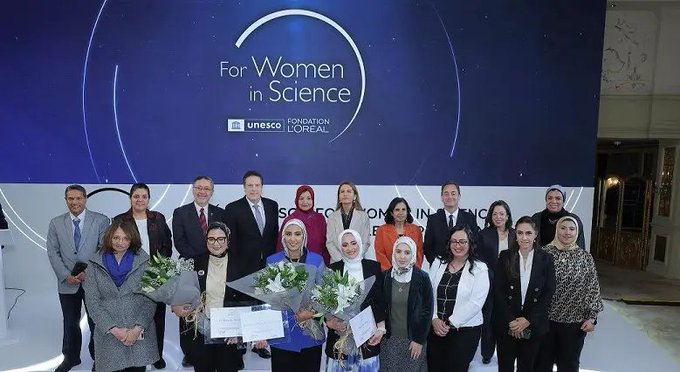
2019 Science and PINS Prize for Neuromodulation
Deadline: March 15, 2019.
The Science & PINS Prize is awarded for innovative research that modulates neural activity through physical (electrical, magnetic, optical) stimulation of targeted sites in the nervous system with implications for translational medicine. Established in 2016, the prize is administered by Science and Science Translational Medicine and awarded annually for outstanding research as described in a 1,500 word essay based on research performed in the past three years.
ELIGIBILITY
1. Entrants must be a Junior Investigator with an advanced degree that was received in the last 10 years and must be 45 years or younger as of January 1, 2019.
2. The entrant’s essay must describe their research and its implications for neuromodulation.
3. The entrant must have performed or directed the work described in the essay.
4. The research must have been performed during the previous three years.
5. Employees of PINS, its subsidiaries, Science and AAAS, and their relatives are not eligible for the prize.
PRIZE
1. The winner of the Science & PINS Prize for Neuromodulation is awarded US$25,000 and publication of his or her essay in Science.
2. The Grand Prize essay and that of the Runner-up are also published on Science Online.
3. The award is announced and presented at a ceremony usually in September each year. PINS will provide financial support to help enable the grand prize winner to attend the ceremony.
APPLICATION
A Completed Entry Form consists of the following:
1. Complete User Profile Information
2. An essay, written by the entrant, which describes his or her research and places it in perspective with respect to current research in the field of neuromodulation. The essay must not exceed 1,500 words in length. The applicant must have done or directed all of the work and it must have been performed in the past three years.
3. A one-page letter of recommendation from his or her postdoctoral adviser, supervisor, or other senior colleague who is familiar with the entrant’s work.
4. A Curriculum Vitae that includes the following: a.) Full citations of papers that the entrant has published on the research described in the essay; b.) Academic and professional awards and honors that the entrant has received; and c.) Relevant professional experience
5. Copies of two of the entrant’s papers that are most relevant to the essay.
OFFICIAL LINK



